MECP2
Recent articles
Molecular changes after MECP2 loss may drive Rett syndrome traits
Knocking out the gene in adult mice triggered up- and down-regulated expression of myriad genes weeks before there were changes in neuronal function.
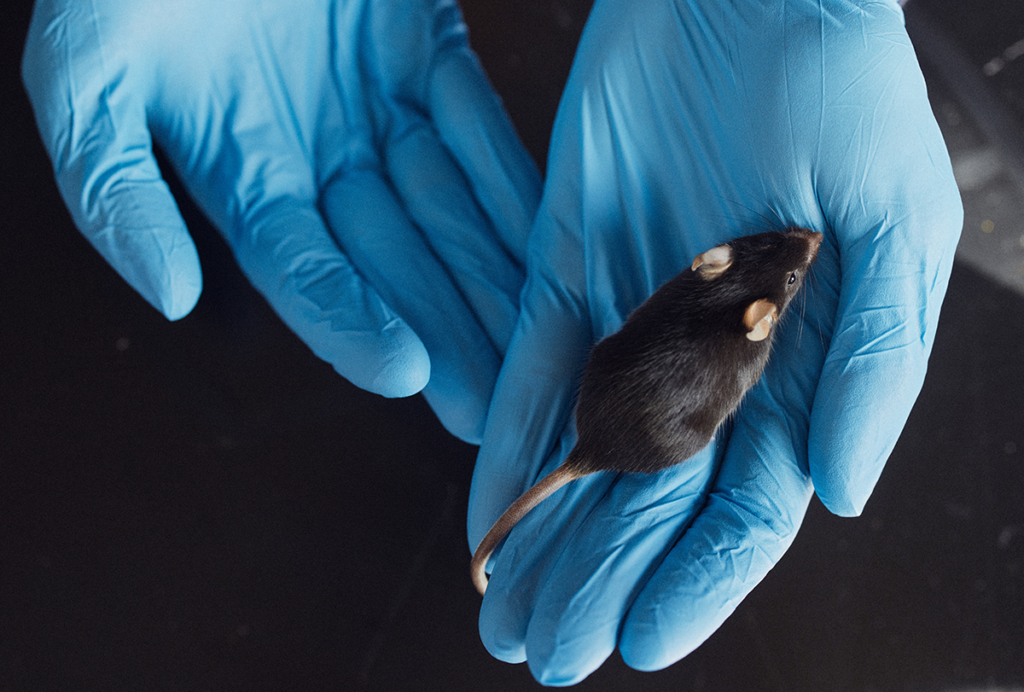
Molecular changes after MECP2 loss may drive Rett syndrome traits
Knocking out the gene in adult mice triggered up- and down-regulated expression of myriad genes weeks before there were changes in neuronal function.
Parasite-based tool delivers MECP2 and other proteins to neurons
A method that uses a common brain parasite could help replenish the proteins deficient in Rett syndrome and other conditions.
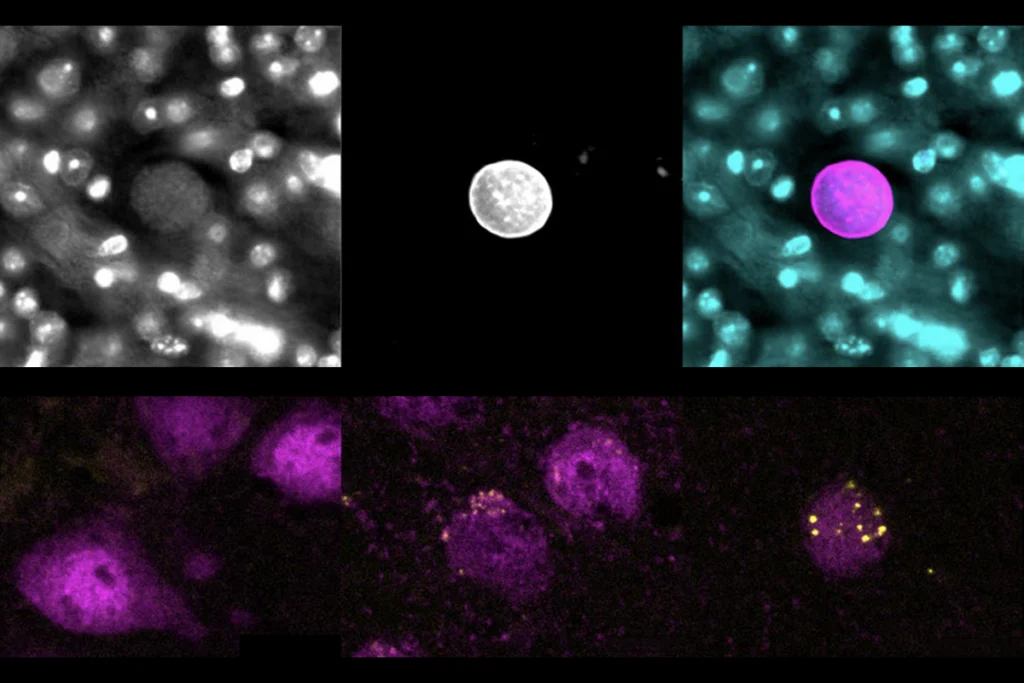
Parasite-based tool delivers MECP2 and other proteins to neurons
A method that uses a common brain parasite could help replenish the proteins deficient in Rett syndrome and other conditions.
Autism-linked genes shape touch processing through different mechanisms, at different times
Whereas some mice display hypersensitivity to touch only as adults, others respond that way from birth.
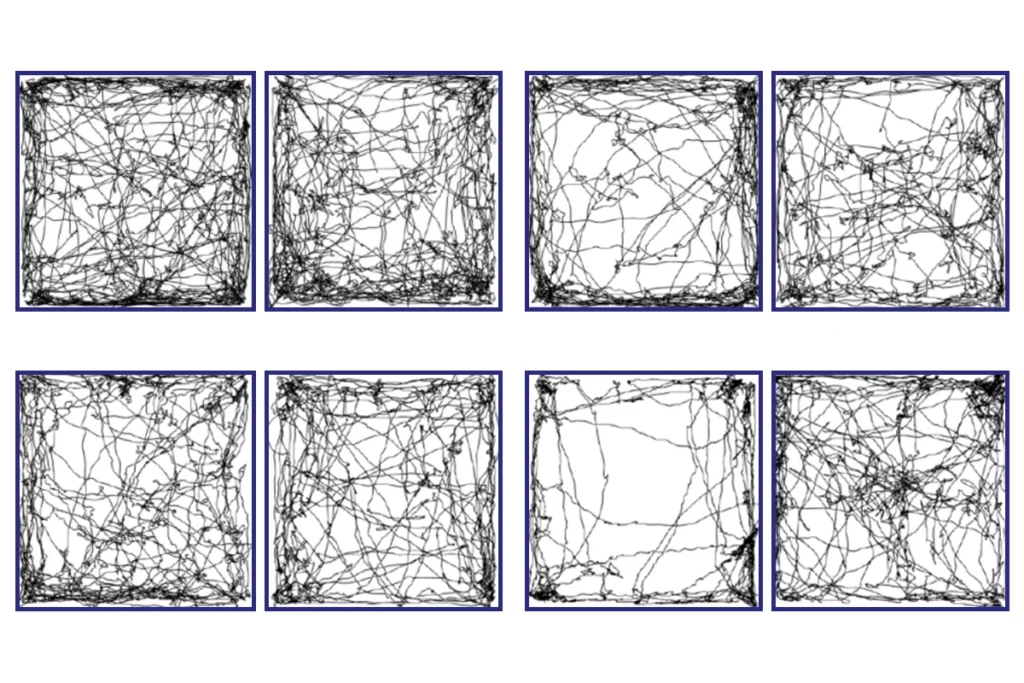
Autism-linked genes shape touch processing through different mechanisms, at different times
Whereas some mice display hypersensitivity to touch only as adults, others respond that way from birth.
On the periphery: Thinking ‘outside the brain’ offers new ideas about autism
Neuronal alterations outside the brain may help to explain a host of the condition’s characteristic traits, including sensory changes, gut problems and motor differences.
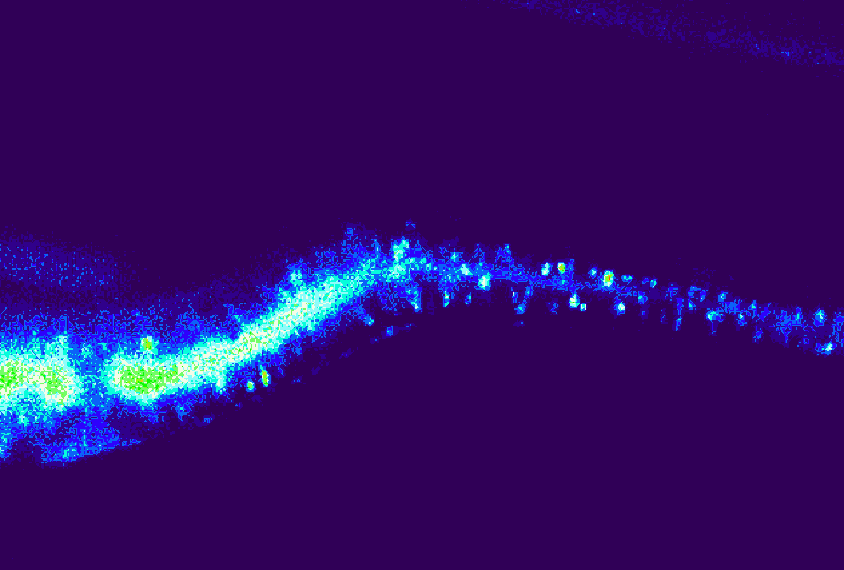
On the periphery: Thinking ‘outside the brain’ offers new ideas about autism
Neuronal alterations outside the brain may help to explain a host of the condition’s characteristic traits, including sensory changes, gut problems and motor differences.
FDA approval of trofinetide may spur further drug development for Rett
The drug, welcomed by patients, might be just the first of many.

FDA approval of trofinetide may spur further drug development for Rett
The drug, welcomed by patients, might be just the first of many.
Debut drug for Rett syndrome at edge of approval
The U.S. Food and Drug Administration plans to make an approval decision on the first-ever drug for girls and women with Rett syndrome by 12 March.
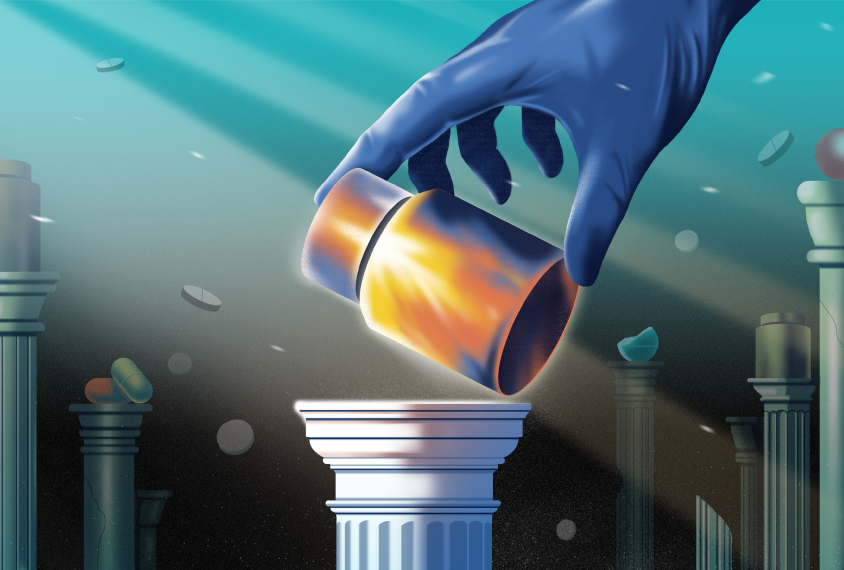
Debut drug for Rett syndrome at edge of approval
The U.S. Food and Drug Administration plans to make an approval decision on the first-ever drug for girls and women with Rett syndrome by 12 March.
Going on Trial: Orphan drugs; CBD; bumetanide
This month’s newsletter takes a close look at the orphan drug program in the United States, several cannabis-based therapies and a secondary analysis of bumetanide, among other new developments in autism-related drug trials.
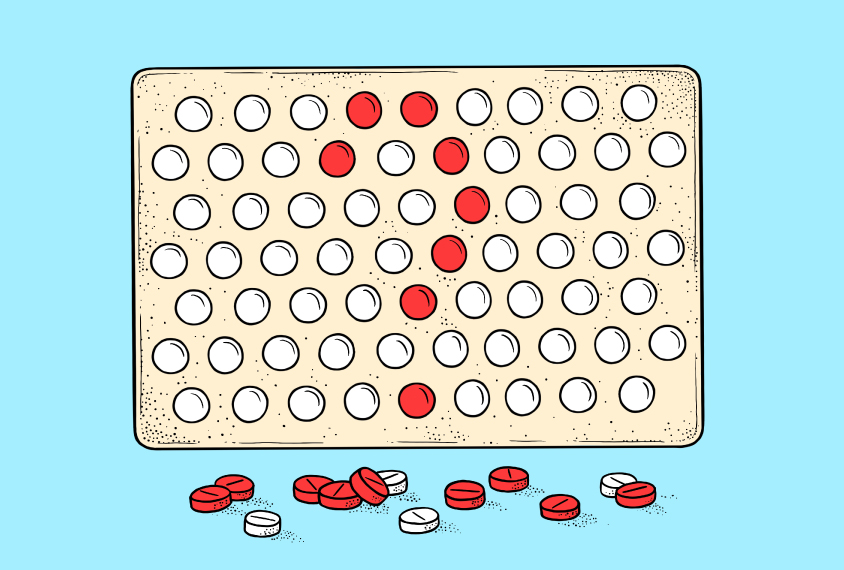
Going on Trial: Orphan drugs; CBD; bumetanide
This month’s newsletter takes a close look at the orphan drug program in the United States, several cannabis-based therapies and a secondary analysis of bumetanide, among other new developments in autism-related drug trials.
Epigenome edits unmute MECP2 in Rett-like neurons
The approach removes methyl tags from the gene and shields it from other silencing factors without changing the gene itself, raising hopes for a new treatment.
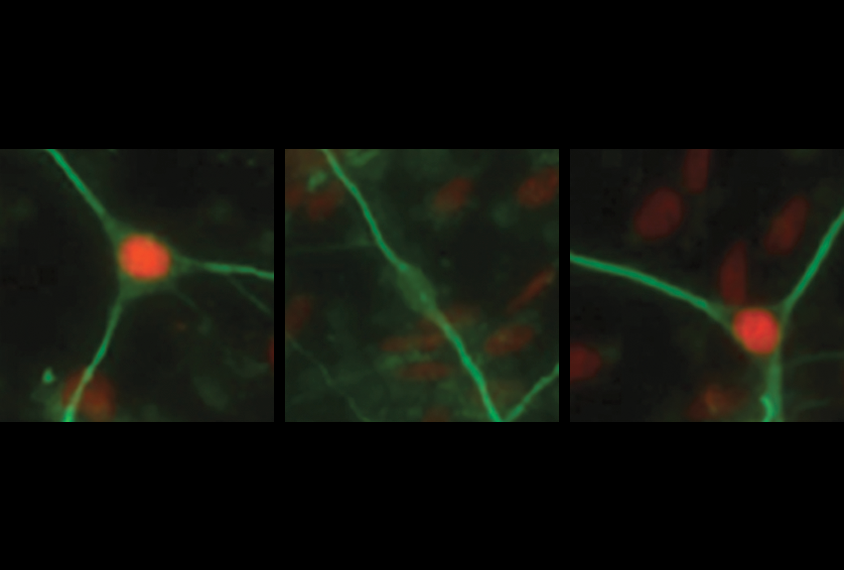
Epigenome edits unmute MECP2 in Rett-like neurons
The approach removes methyl tags from the gene and shields it from other silencing factors without changing the gene itself, raising hopes for a new treatment.
RNA rewrite improves breathing, survival in Rett mice
The technique involves editing the cellular instructions to make MECP2 protein and partially restores its levels in the brainstem.
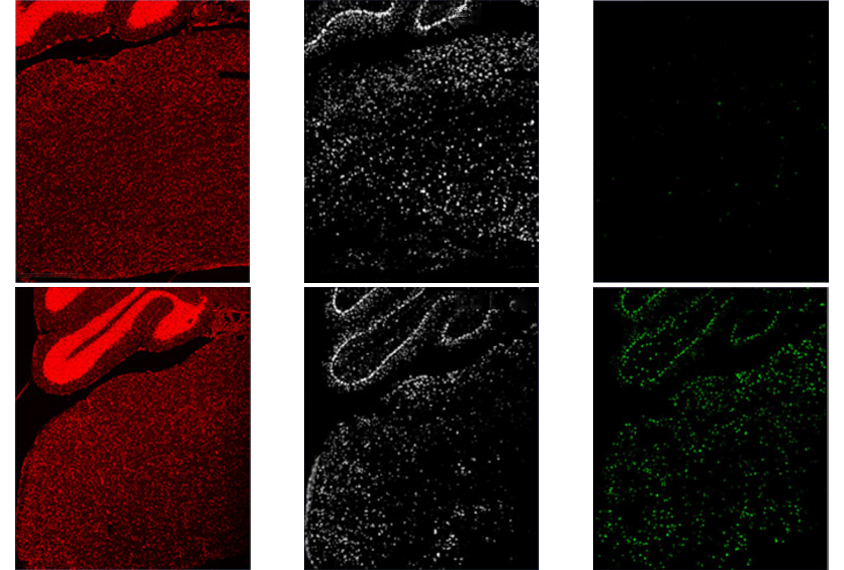
RNA rewrite improves breathing, survival in Rett mice
The technique involves editing the cellular instructions to make MECP2 protein and partially restores its levels in the brainstem.
Portrait of a research field: astrocytes in autism
Long cast in supporting roles in the brain, astrocytes are now emerging as primary players in certain characteristics of autism and related conditions.
Portrait of a research field: astrocytes in autism
Long cast in supporting roles in the brain, astrocytes are now emerging as primary players in certain characteristics of autism and related conditions.
Explore more from The Transmitter
INSAR takes ‘intentional break’ from annual summer webinar series
The International Society for Autism Research cited a need to “thoughtfully reimagine” its popular online program before resuming it in 2026.

INSAR takes ‘intentional break’ from annual summer webinar series
The International Society for Autism Research cited a need to “thoughtfully reimagine” its popular online program before resuming it in 2026.
Null and Noteworthy: Neurons tracking sequences don’t fire in order
Instead, neurons encode the position of sequential items in working memory based on when they fire during ongoing brain wave oscillations—a finding that challenges a long-standing theory.
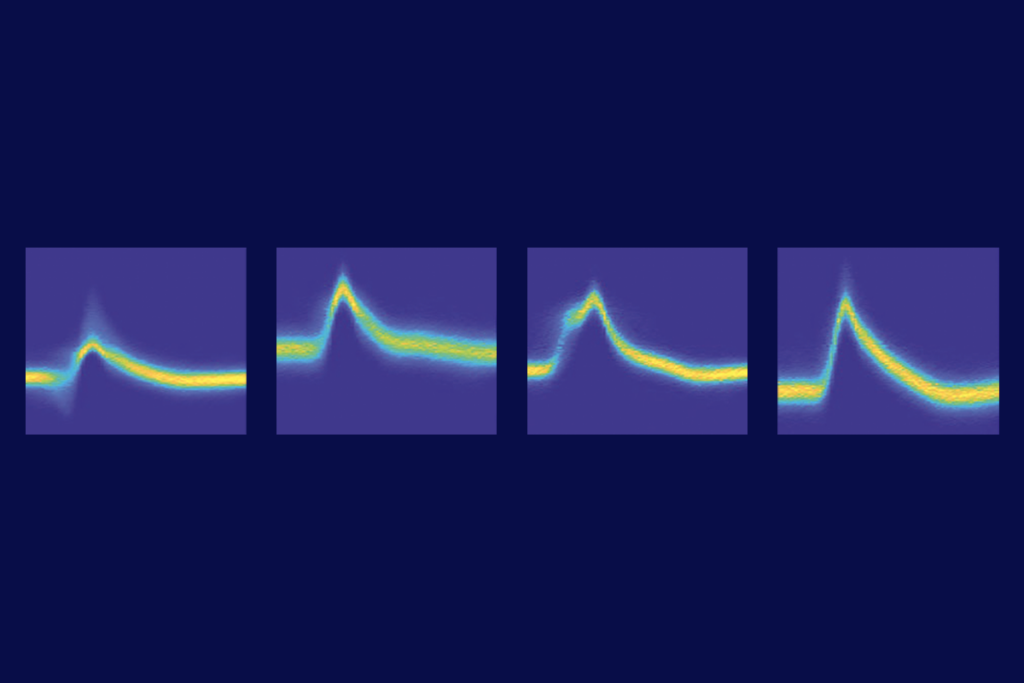
Null and Noteworthy: Neurons tracking sequences don’t fire in order
Instead, neurons encode the position of sequential items in working memory based on when they fire during ongoing brain wave oscillations—a finding that challenges a long-standing theory.
How to teach this paper: ‘Neurotoxic reactive astrocytes are induced by activated microglia,’ by Liddelow et al. (2017)
Shane Liddelow and his collaborators identified the factors that transform astrocytes from their helpful to harmful form. Their work is a great choice if you want to teach students about glial cell types, cell culture, gene expression or protein measurement.
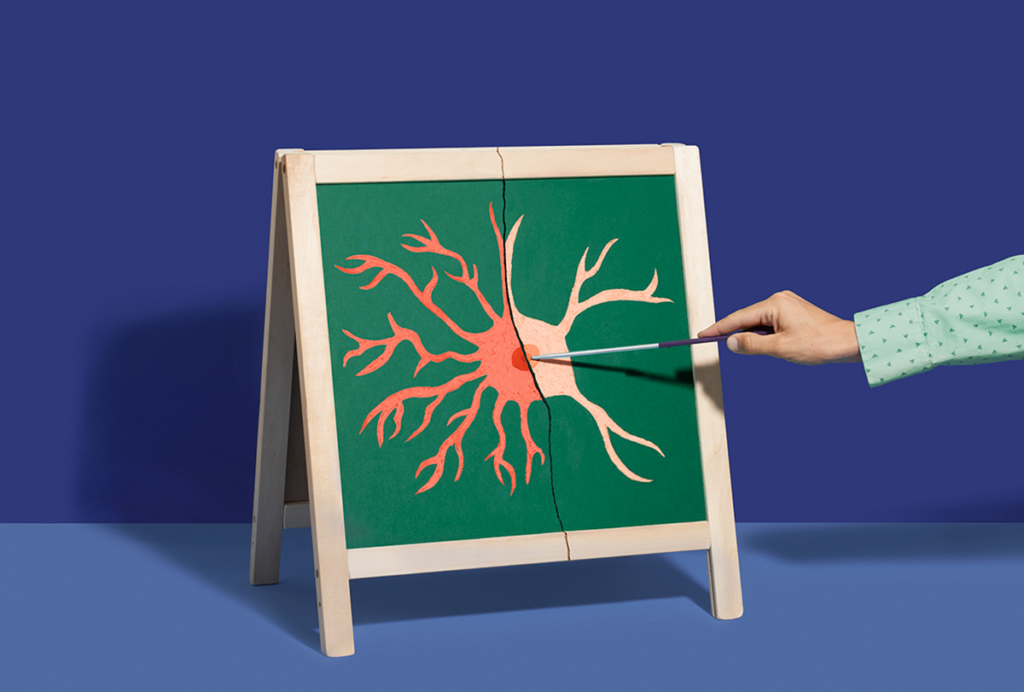
How to teach this paper: ‘Neurotoxic reactive astrocytes are induced by activated microglia,’ by Liddelow et al. (2017)
Shane Liddelow and his collaborators identified the factors that transform astrocytes from their helpful to harmful form. Their work is a great choice if you want to teach students about glial cell types, cell culture, gene expression or protein measurement.